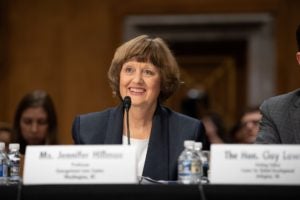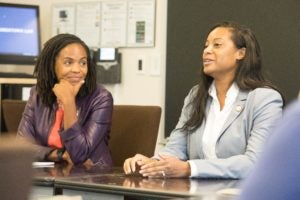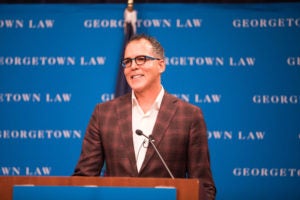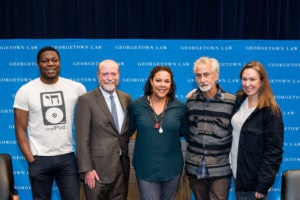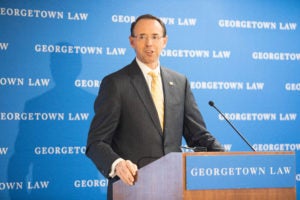
Georgetown Law, Department of Justice Co-Host “Cybercrime 2020: Revisiting the Future of Online Crime and Investigations”
November 30, 2018 Criminal Law Technology, Communication, and Intellectual PropertyWhen Deputy Attorney General Rod J. Rosenstein first became a prosecutor nearly 30 years ago, a criminal investigation of a business might have entailed executing a search warrant, going into a building, and carting out boxes of documents to review as potential evidence. Today, such records are stored in digital formats, possibly in foreign countries, generated by employees (and potential perpetrators) who might not even be on site.
